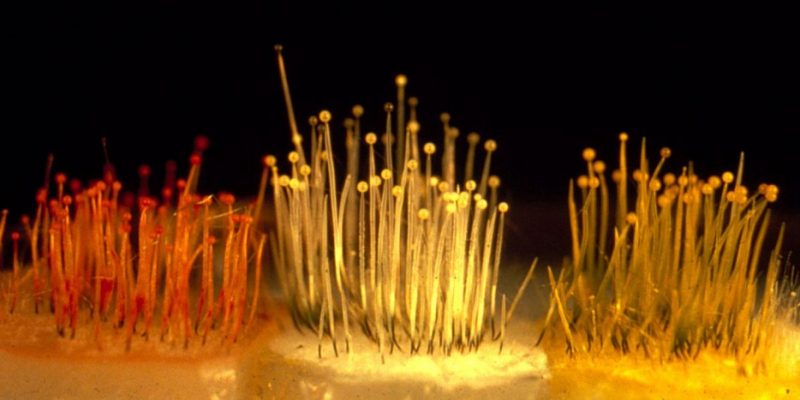Genome analysis of early plant lineage sheds light on how plants learned to thrive on land.
Though it’s found around the world, it’s easy to overlook the common liverwort – the plant can fit in the palm of one’s hand and appears to be comprised of flat, overlapping leaves. Despite their unprepossessing appearance, these plants without roots or vascular tissues for nutrient transport are living links to the transition from the algae that found its way out of the ocean to the established multitude of land plants.
As reported in the October 5, 2017 issue of Cell, an international team including researchers at HudsonAlpha Institute for Biotechnology and the U.S. Department of Energy Joint Genome Institute (DOE JGI) analyzed the genome sequence of the common liverwort to identify genes and gene families that were deemed crucial to plant evolution and have been conserved over millions of years and across plant lineages. The work was led by researchers at Monash University in Australia and Kyoto University and Kindai University in Japan. Read more at jgi.doe.gov.







